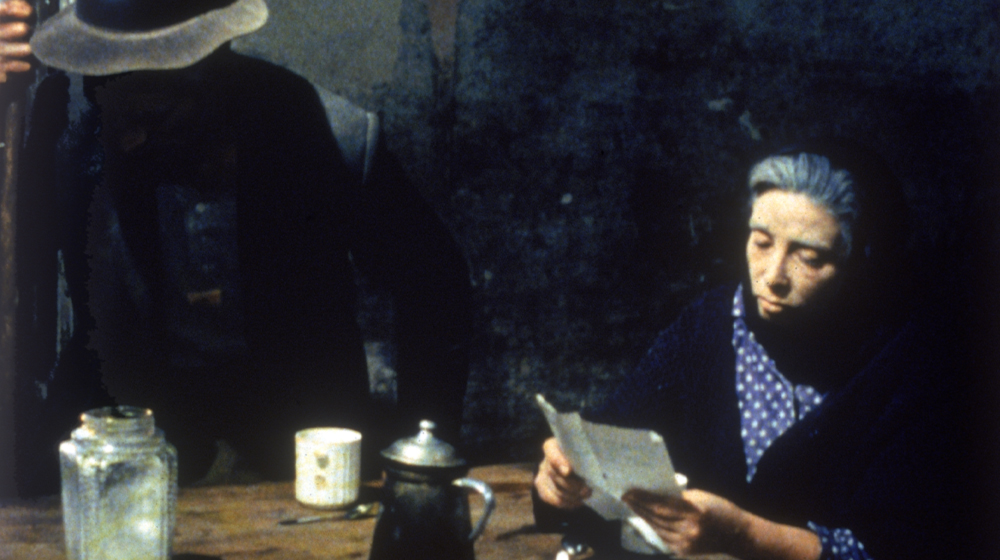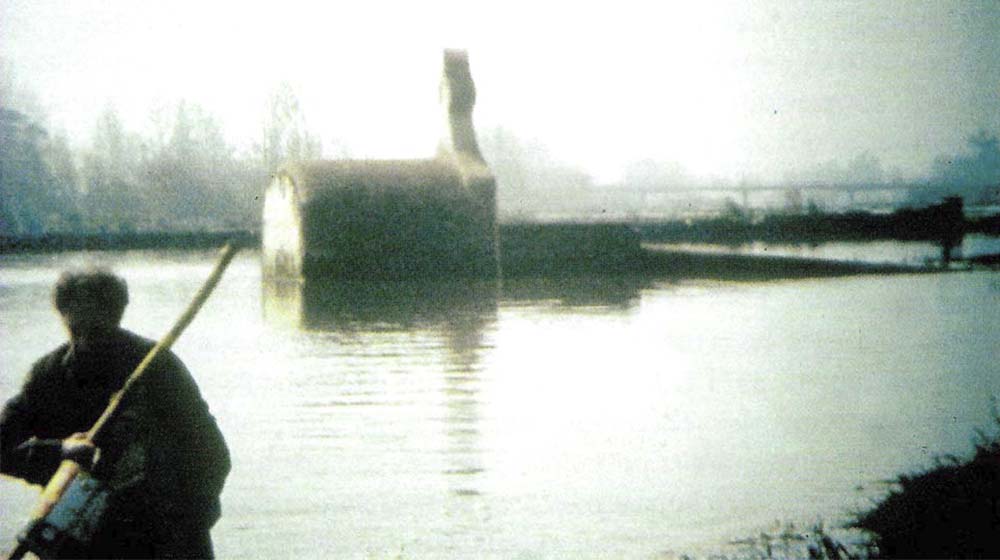After his famous anthropological studies on populations organised via systems of community self-government (Vilarinho das Furnas and Falamos de Rio de Onor), in Histórias selvagens and for the first time in his filmography, Campos uses two stories by António Passos Coelho as his starting point to blur documentary and fiction, mise-en-scène and direct filming, professional actors and local residents, spontaneous and scripted dialogues, objective narration and poetic diction, individual stories and collective history in the exploration of a truer representation of the human condition.
Histórias selvagens, António Campos, Portugal, 1978, 16 mm to 35 mm, 102', subtitled in Catalan
Copy from the Cinemateca Portuguesa.

